Microsoft partners with Intel, OEMs and operators to deliver “Always Connected PCs” using eSIM technology
2 min. read
Published on
Read our disclosure page to find out how can you help Windows Report sustain the editorial team. Read more
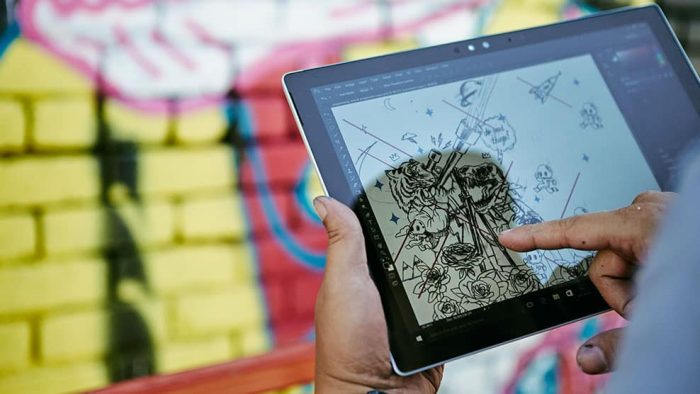
Earlier today, Microsoft and Qualcomm announced at Computex that ASUS, HP and Lenovo will be the first manufacturers to bring Windows 10 on ARM devices to the market. By leveraging Qualcomm’s top-of-the-line Snapdragon 835 SoC which already powers some premium Android smartphones, these OEMs will be able to create thin and light PCs with always-on LTE connectivity and great battery life.
However, Microsoft doesn’t want all “connected PCs” to be Windows 10 on ARM devices: that’s why the company is also partnering with Intel (which also has mobile modem solutions) as well as various PC OEMs and operators to make PCs more connected. As Microsoft explained in a blog post today, all these devices will use embedded SIM cards (eSIM):
We are collaborating with our ecosystem on a shared vision. This starts with a close partnership at the silicon layer, with Intel and Qualcomm and with our mobile operator partners to provide seamless eSIM connectivity. Microsoft device partners ASUS, HP, Huawei, Lenovo, VAIO, and Xiaomi, are committed to this new category of Always Connected PCs using eSIM technology.
The first mobie operators that are committed to support these upcoming always connected PCs with eSIM technology are AT&T, DTAG/T Mobile, BT/EE, Vodafone, Orange, Tele2, Swisscom, 3, China Mobile, KDDI, Gemalto, Oberthur, Gigsky and Transatel (via ZDNet). As LTE networks are probably faster than most WiFi networks you can find these days, bringing integrated LTE connectivity to mobile PCs is probably going to change how we use our devices in the future. Microsoft didn’t reveal today when these first connected PCs will come to the market, but it’s good to see that Microsoft and its partners have a forward-looking approach towards mobile connectivity.
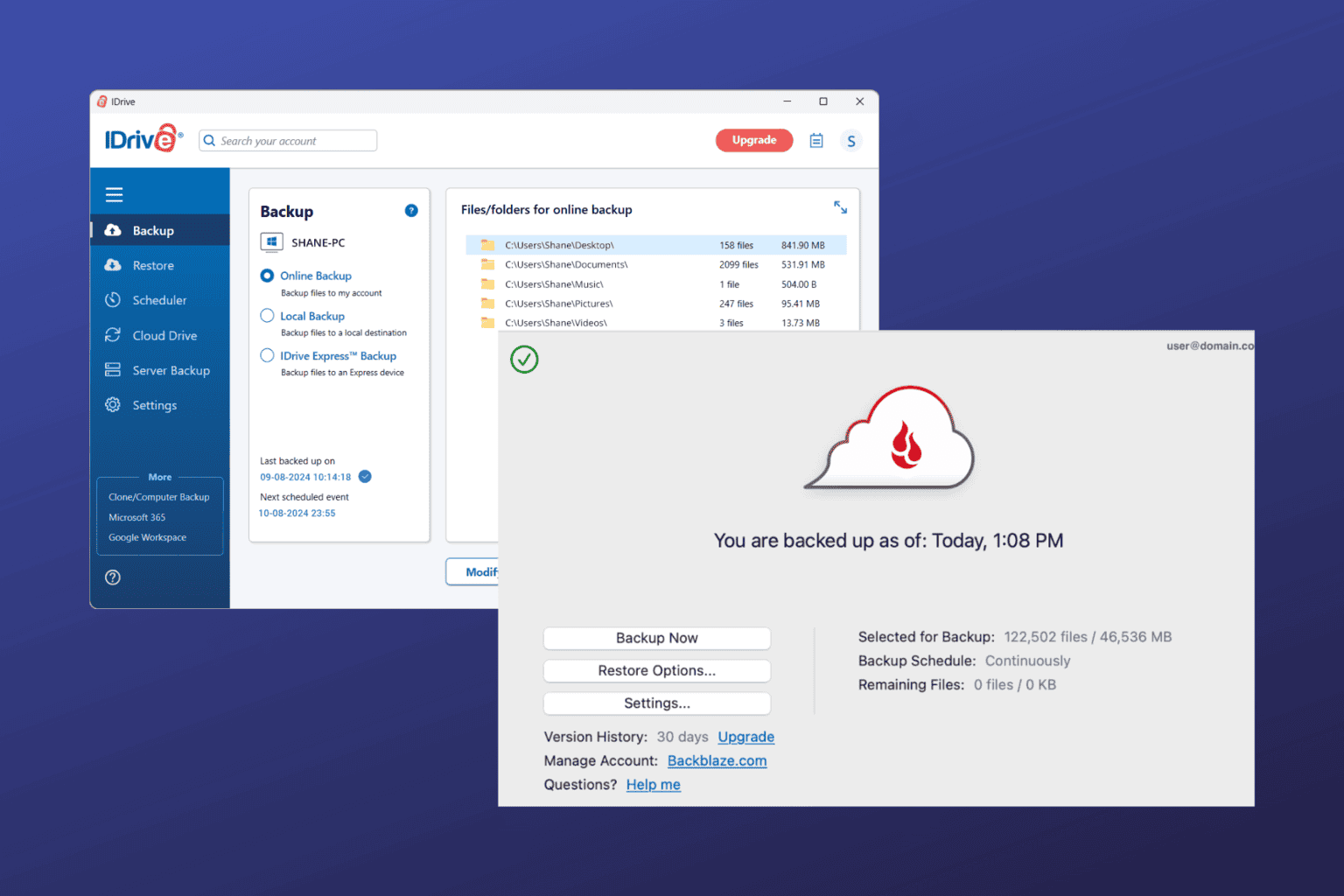




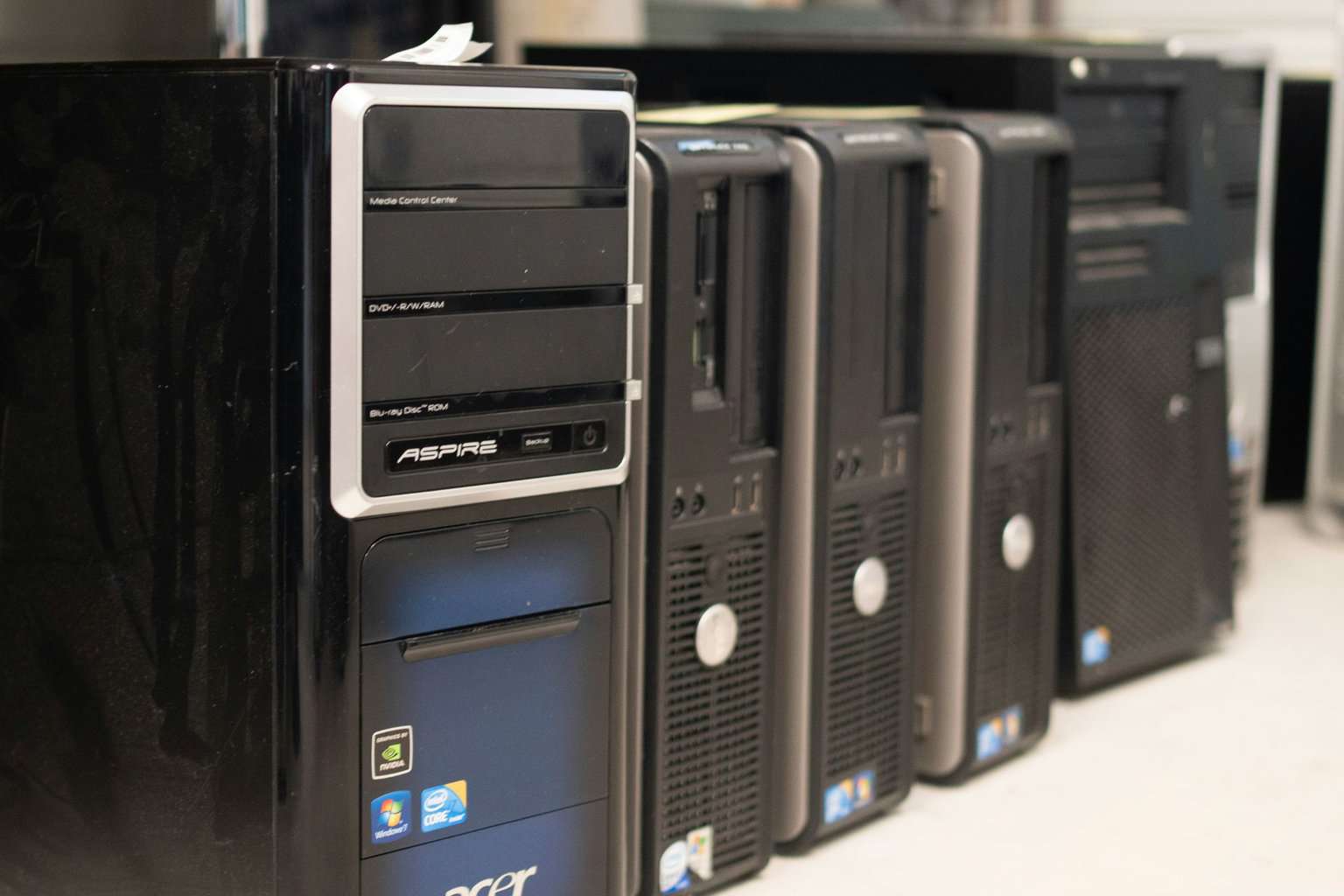
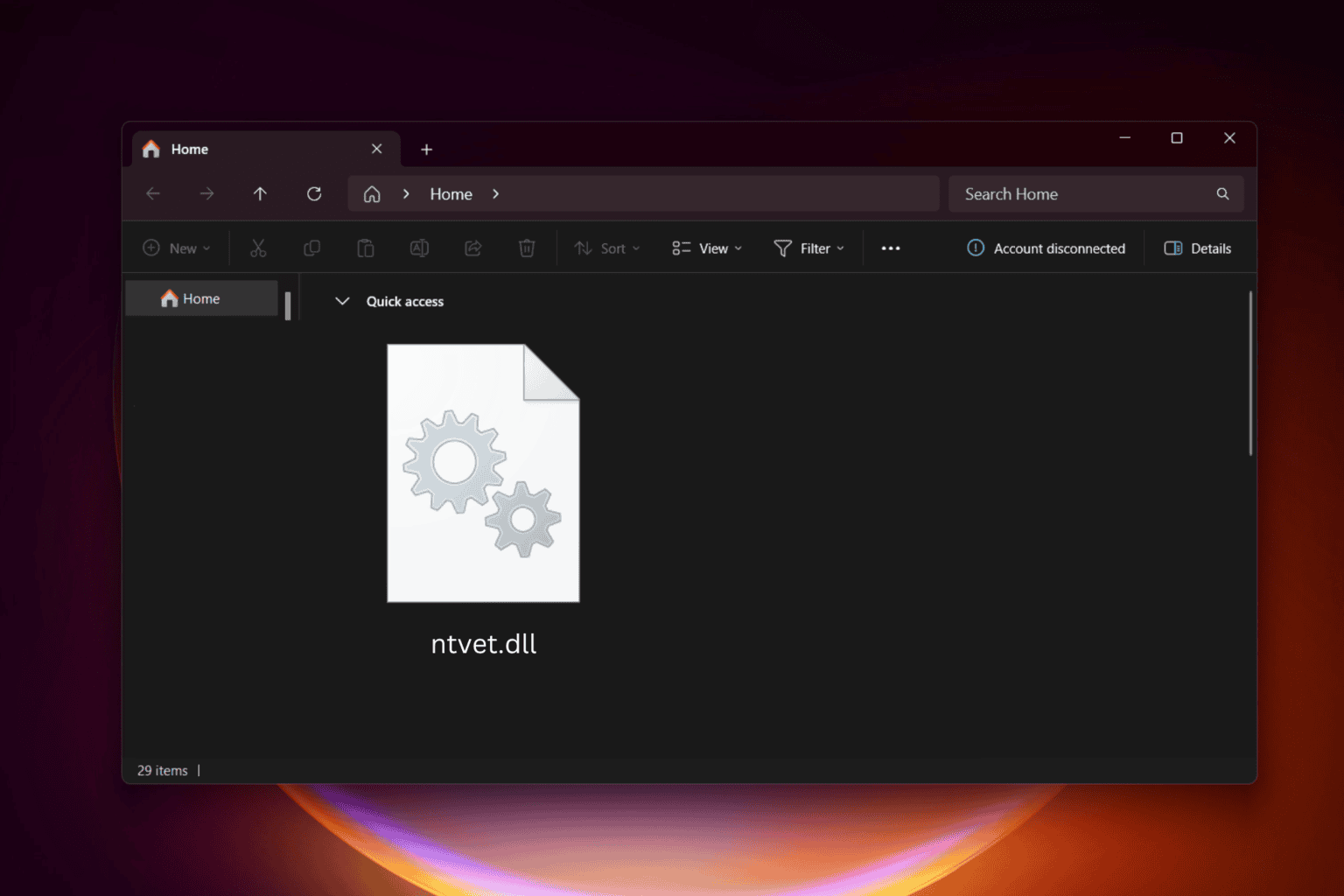
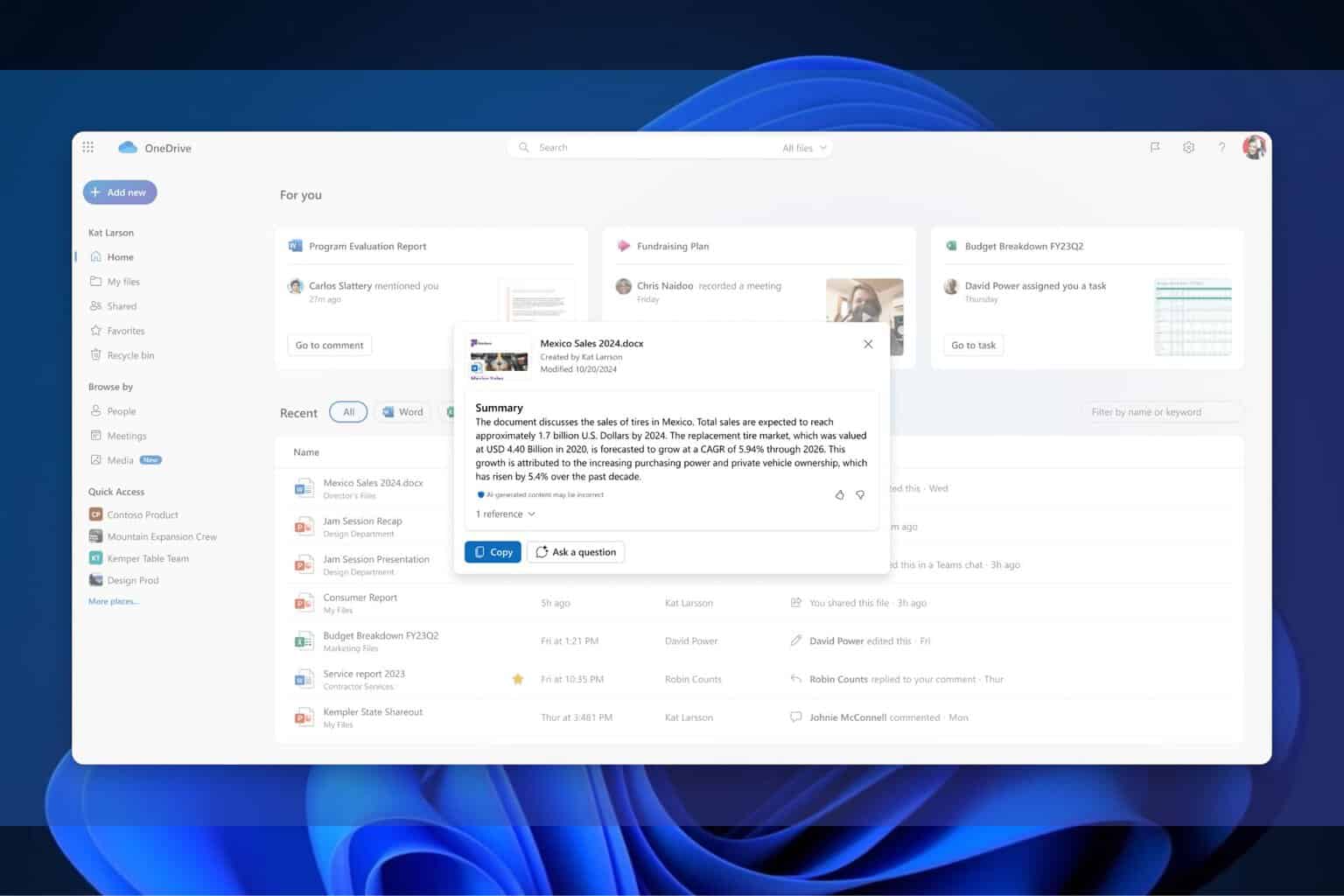
User forum
0 messages